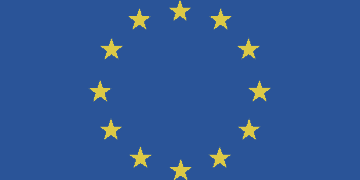On July 3, 2020, the Bundesrat approved the Act to Combat Right-Wing Extremism and Hate Crime on the Internet, which the Bundestag had passed on June 18, 2020.
The aim is to improve the prosecution of hate crime on the Internet. There, and especially in the social media, an increasing brutalization of communication can be observed – this endangers the freedom of opinion, which the state has to defend with the means at its disposal, the Bundestag justifies its decision.
Providers of social networks will in future have to set up a system to report certain criminal content to the Federal Criminal Police Office. The reporting obligation relates to content for which there are concrete indications that a criminal offense has been committed and which may have a lasting negative impact on the exercise of freedom of expression in social media.
It also covers child pornography and defamation of the memory of the deceased. Background are the experiences from the assassination of the Kassel district president Walter Lübcke in 2019: they showed how agitation in the network now also finds its expression in this form, it says in the explanatory memorandum to the law.
The Bundestag resolution amends the Criminal Code in various places. Thus, in the future, threats of dangerous bodily harm will also be punishable. Approval of crimes that have not yet been committed is also sanctioned.
In the future, insulting statements made in public, at a meeting or by distributing writings can be punished with a maximum of two years imprisonment. The offense of defamation and slander against persons in political life applies up to the municipal level.
In the future, the offense of threat will also include threats to commit an unlawful act against sexual self-determination, physical integrity, personal freedom or an object of significant value. In sentencing, special consideration is given to an offender’s anti-Semitic motives.
As part of its central office duties, the Federal Criminal Police Office will in future be authorized to query the login IP addresses of authors of criminal Internet content from telemedia service providers.
With the approval of the Federal Council, the parliamentary procedure has been completed. The law will now be submitted to the Federal President for signature via the Federal Government and can then be promulgated in the Federal Law Gazette. It is scheduled to go into effect the following day.












































